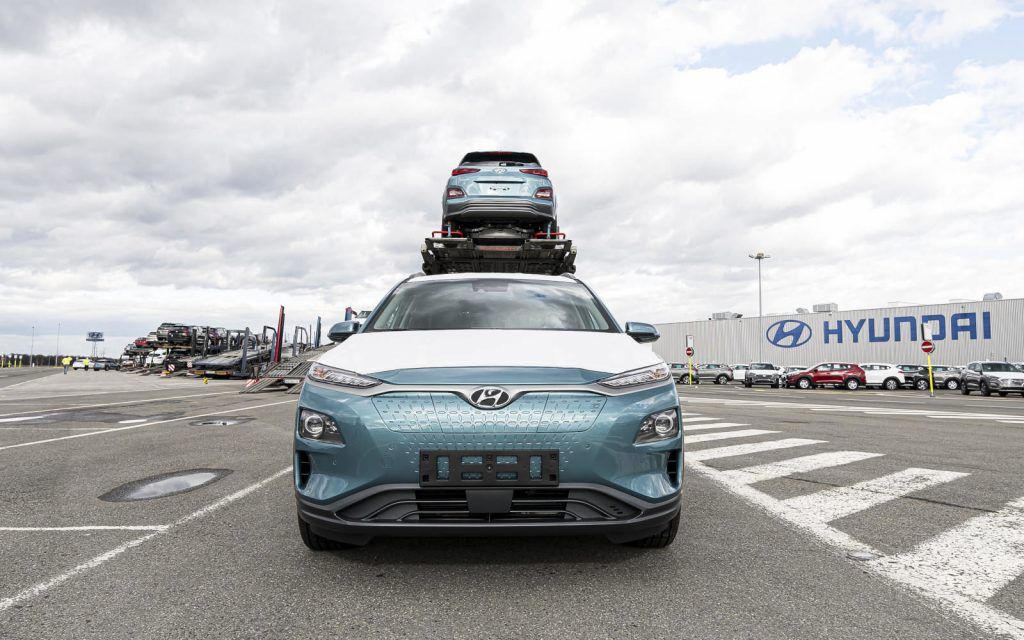South Korean auto exports increased their share of the US market.
According to data from the Commerce Department, sales of South Korean products to the US market totaled $ 16.554 billion in 2020, an increase of 1% year-on-year.
This result contrasted with that of five other notable suppliers in the United States in that same indicator.
At year-on-year rates, Japan’s auto exports were $ 32.994 billion (-17% annual rate), followed by Mexico (-21%, 29.891 billion) and Canada (-22%, 29.544 million) .
Meanwhile, below South Korea’s, Germany‘s auto exports totaled $ 12.49 billion (-31%) and the UK‘s was $ 6.282 billion (-37 percent).
With this, South Korea’s auto exports as a proportion of the total of US auto imports went from 7.9% in 2018, to 9.1% in 2019 and to 11.4% in 2020.
The free trade agreement between the United States and South Korea (KORUS FTA) entered into force in March 2012.
The agreement reduces and in most cases eliminates tariff and non-tariff barriers between the two parties on manufactured goods, agricultural products and services; provides rules and disciplines on investment, intellectual property rights and other issues; commits both countries to maintain certain labor and environmental standards, and provides mechanisms to resolve disputes.
Auto exports
In 2020, American car imports from around the world fell 19% to $ 145.659 million.
Producers in the United States and South Korea compete intensely in the motor vehicle and parts sector, and these imports account for approximately one-third of United States goods imports from South Korea.
According to the US Congress, the auto trade was one of the most contentious topics in the original NAFTA negotiations, but the Detroit Three’s US automakers ultimately backed the deal.
The KORUS FTA eliminated the 2.5% US auto import tariff in 2016, and was originally going to keep the US light truck tariff at 25% through 2018, phasing it out by 2021 (2018 amendments extended the tariff of trucks 25% until 2041).
Meanwhile, Korea’s 8% auto import duty was immediately lowered to 4% and removed in 2016, and its 10% duty on light trucks was immediately removed.
Under the KORUS FTA, bilateral tariffs on virtually all auto parts were immediately lowered to zero.
![]()

